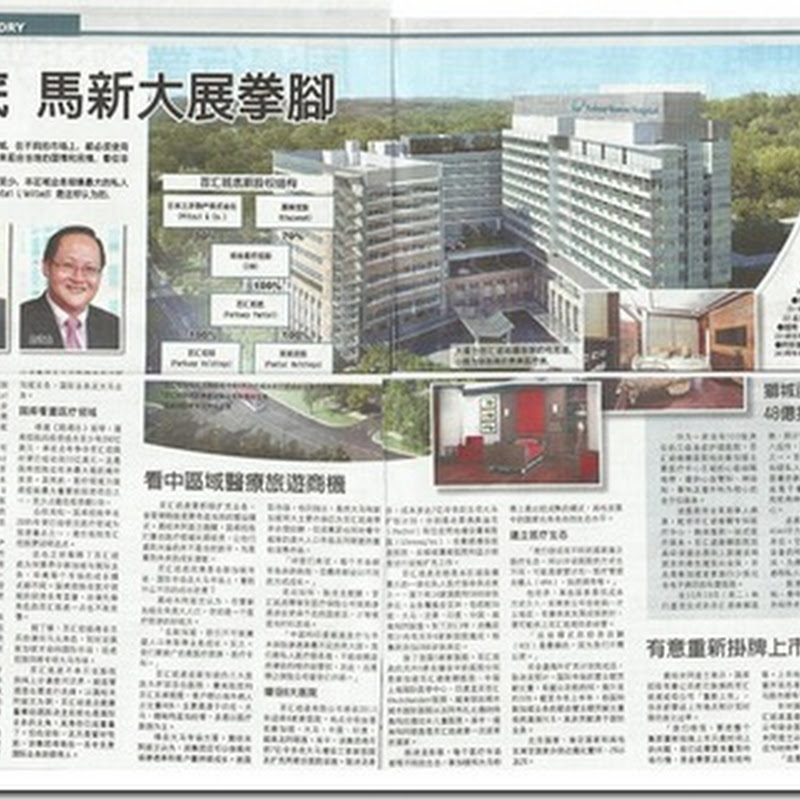A stronger ringgit drove its net profit to a record RM1.1 billion for the third quarter of its financial year ending Aug 31, 2010.
Forex translation gains accounted for more than half (51.4%) of its 3QFY10 net profit due to the strengthening of the ringgit versus the US dollar and the Japanese yen during the April 2010–May 2010 period. The bulk of TNB’s debts are denominated in these two currencies.
During the third quarter (3Q), there was considerable volatility in the forex currency market which resulted in a stronger ringgit against US dollar and Japanese yen, and this contributed to the group’s forex translation gain of RM569.1 million.
A stronger ringgit would mean that TNB would have to fork out less to pay interest on these foreign currency debts which it had earlier borrowed from abroad.
TNB has RM5.12 billion debt denominated in Japanese yen and RM4.79 billion of borrowings in the US dollar, it said in its notes to its 3Q financial statements.
Notwithstanding the stronger local currency unit, its 3Q revenues rising to RM7.723 billion from RM7.389 billion in 2Q due to higher electricity demand. Electricity demand growth in Peninsular Malaysia grew 3.7% quarter-on-quarter in 3Q while for the nine-month period of FY2010, electricity demand growth recorded a stronger growth of 9.9% compared to the previous year.
A new peak demand level has been recorded in the peninsula, on May 24, 2010, at 15,072 megawatts representing an increase of 5.8% from FY09’s peak demand. The industrial and commercial sectors continued to record a strong growth of 11.7% and 7.9% respectively. On further year-on-year analysis of the industrial sector growth, the petrochemical and iron and steel sectors recorded the highest increase in electricity unit sales of 17.1% and 31.2% respectively.
This demand was met by higher generation from coal-fired power plants.
However, rising revenues were not matched with higher operating profits, but instead operating profits recorded a drop to RM904.5 million from RM1.32 billion in 3Q from 2QFY10.
The higher cost of coal generation was the principal reason for the 31.5% decline in operating profits compared to the second quarter and accounted for the decline in earnings before interest, taxes, depreciation and amortisation (EBITDA) margin to 23.3%.
The upward trend in coal prices has started to erode its margins, but with the strengthening of the ringgit against the US dollar, the impact has been cushioned.
The average coal cost for 3Q was US$91.60 (RM293.12) per tonne. Coal prices had been on an upward trend since 1QFY10. In the first quarter (it was) roughly about US$80, the second quarter about US$82; over the last three months (April – June 2010).
If coal prices continue to rise then it will definitely hurt its bottomline.
TNB hedges by buying its coal supplies to fire up its coal power plants on a three-month forward basis. It had already bought forward coal supplies for 4Q at US$95 – US$96 per tonne.
Profitability for 4Q would be “less than” the 3Q because of higher coal prices.
TNB would be participating in the open tender for the expansion of its Janamanjung plant. Prime Minister Datuk Seri Najib Razak announced that the government would be allocating RM63 billion over the next five years for infrastructure and development projects, which would also include coal-fired power plants.
Every 10% appreciation in the ringgit would accrete 13% to TNB’s earnings.
Foreign shareholding in TNB 9%.
荒谬的GDP!
-
若一个国家以一年财政收入为基础來借贷,它可能是佔收入的30%至50%。例如美国2024年收入是4,9万亿美元,再借1,8万亿美元。那是入不敷出,赤字高达36%。但它们就以GDP
29.2万亿美元为基础,那只是6%。
以上只是一个比例,其实全世界政府都这样做。
大家想一想,若一个家庭五口,有二人工作。以GDP...
22 hours ago





















































No comments:
Post a Comment